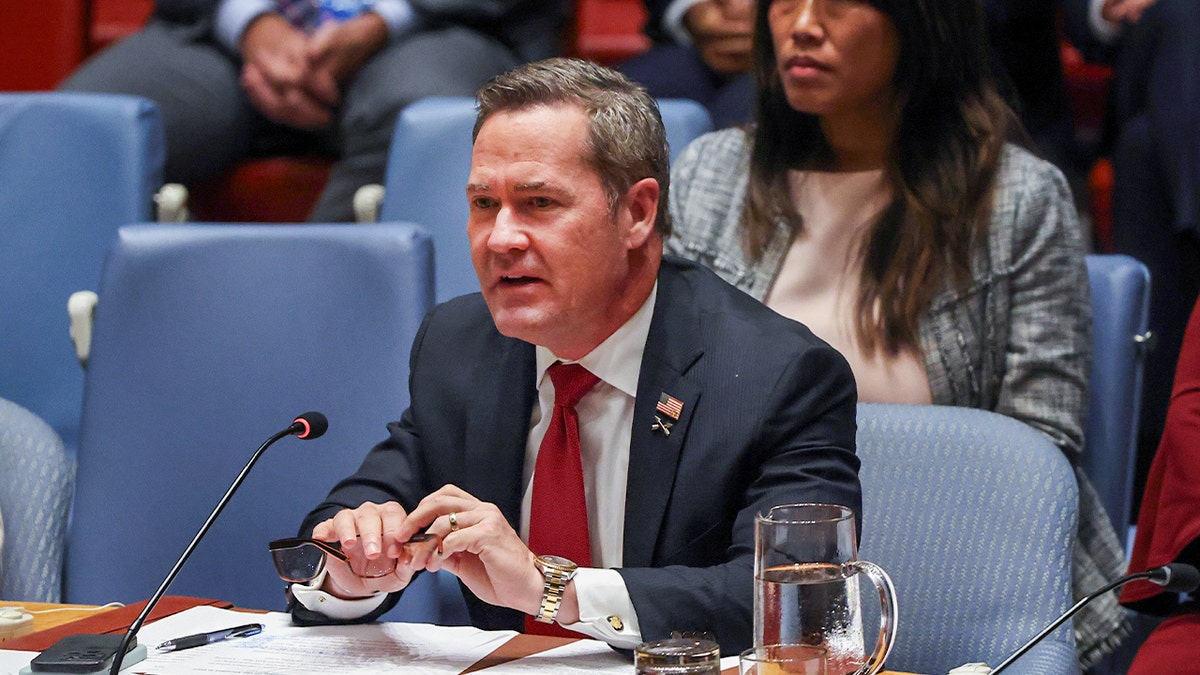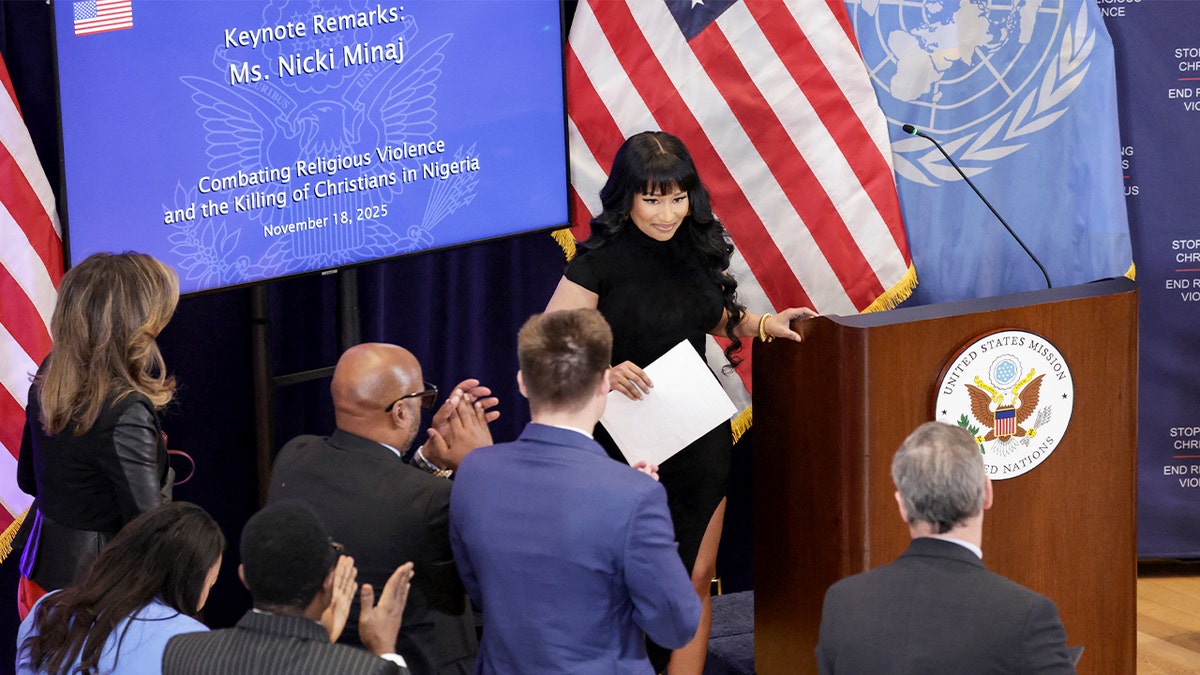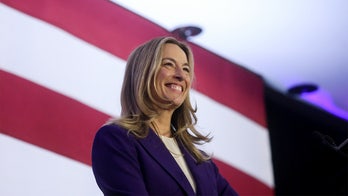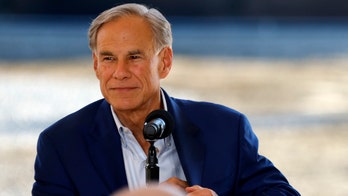Rapper Nicki Minaj speaks at event highlighting killings of Christians in Nigeria
Rapper Nicki Minaj said "faith is under attack" in Nigeria while delivering a speech Tuesday at an event hosted by the United States Mission to the United Nations. (Credit: US Mission to the United Nations)
U.S. Ambassador to the United Nations Mike Waltz called the recent killings of Christians in Nigeria "genocide wearing the mask of chaos."
Waltz made the remarks Tuesday at an event hosted by the United States Mission to the United Nations that spotlighted religious violence and the killings of Christians in the most populous African nation.
"There is a body of evidence, and you are going to hear that from our experts today that paints a very grim picture of disproportionate suffering among Christians, where, again, families are torn apart, clergy is repeatedly assassinated, and entire congregations, church congregations," he said.
"Folks, we have an entire faith that is being erased. One bullet at a time, one torched Bible at a time."
RAP STAR NICKI MINAJ THANKS TRUMP FOR ADDRESSING PERSECUTION OF CHRISTIANS IN NIGERIA

U.S. Ambassador to the United Nations Mike Waltz speaks at a Security Council meeting on the situation in the Middle East, including the question of Palestinian statehood, during the United Nations General Assembly on Sept. 23, 2025, at U.N. headquarters in New York City. (Spencer Platt/Getty Images)
Rapper Nicki Minaj, who was born in Trinidad and Tobago, also spoke at the event, saying she wanted to speak out against injustice and stand up for people who are persecuted for their beliefs.
"In Nigeria, Christians are being targeted, driven from their homes and killed. Churches have been burned. Families have been torn apart and entire communities live in fear constantly, simply because of how they pray," she told attendees.
"Sadly, this problem is not only a growing problem in Nigeria, but also in so many other countries across the world, and it demands urgent action," Minaj said. "And I want to be clear, protecting Christians in Nigeria is not about taking sides or dividing people. It is about uniting humanity."

Nicki Minaj leaves the podium after speaking during the panel "Combatting Religious Violence and the Killing of Christians in Nigeria" at the U.S. Mission to the United Nations in New York City, on Nov. 18, 2025. (Angela Weiss/AFP via Getty Images)
Minaj’s speech came after President Donald Trump threatened in a November Truth Social post to send U.S. troops "guns-a-blazing" into the most populous country in Africa to "completely wipe out the Islamic Terrorists who are committing these horrible atrocities."
The president also threatened to stop all aid and assistance if the violence continued.
Nigerian President Bola Tinubu responded to Trump’s threat, writing on social media that his administration has worked with Christian and Muslim leaders to address security challenges affecting citizens across all faiths and regions.
"The characterisation of Nigeria as religiously intolerant does not reflect our national reality, nor does it take into consideration the consistent and sincere efforts of the government to safeguard freedom of religion and beliefs for all Nigerians," he wrote on X.
"Religious freedom and tolerance have been a core tenet of our collective identity and shall always remain so. Nigeria opposes religious persecution and does not encourage it."

Nigerian President Bola Tinubu speaks with his aide during the 64th ECOWAS Heads of State and Government ordinary session in Abuja on Dec. 10, 2023. (Kola Sulaimon/AFP via Getty Images)
Open Doors, an international Christian organization that supports persecuted believers, said attacks are most common in the northern, Muslim-majority states of Nigeria but have started spreading into the Middle Belt and farther south.
CLICK HERE TO DOWNLOAD THE FOX NEWS APP
The organization stated that Christians are at risk from targeted attacks by Islamist militants, including Fulani fighters and Boko Haram, and women are often killed and subjected to sexual violence.

























